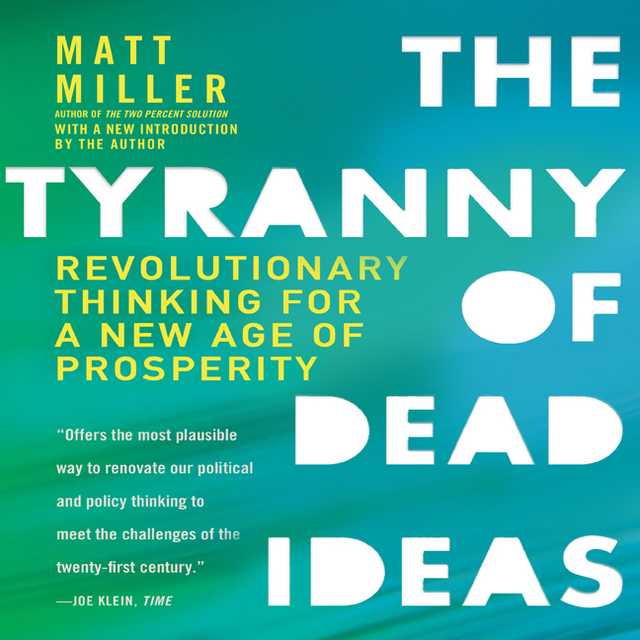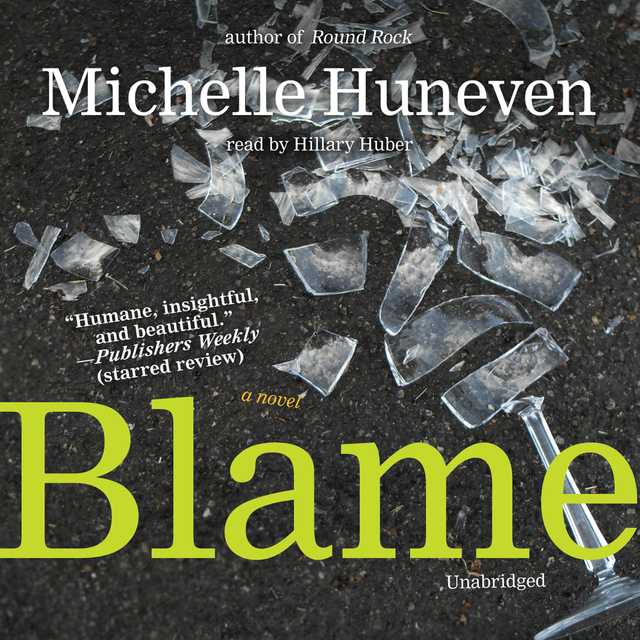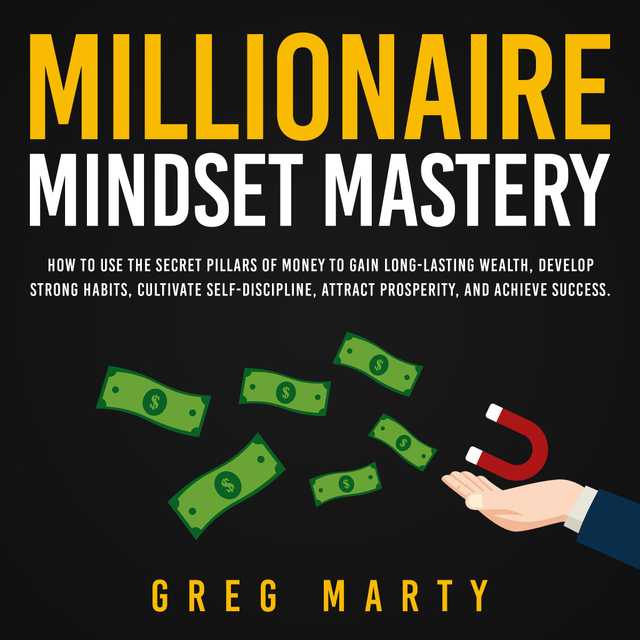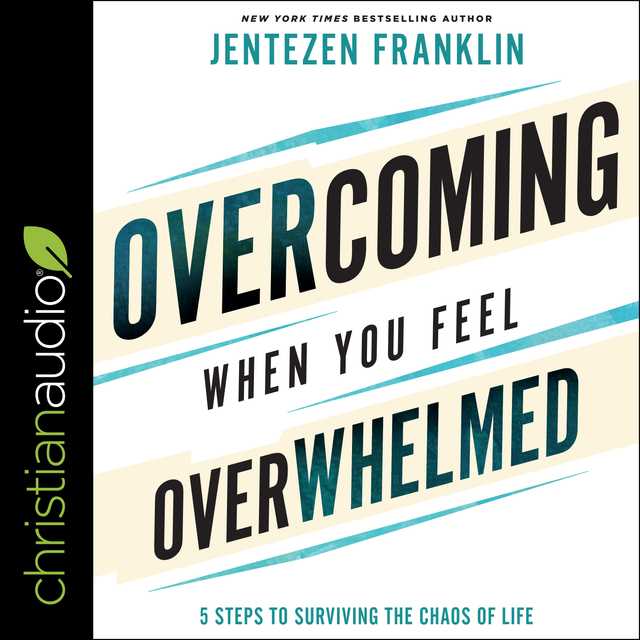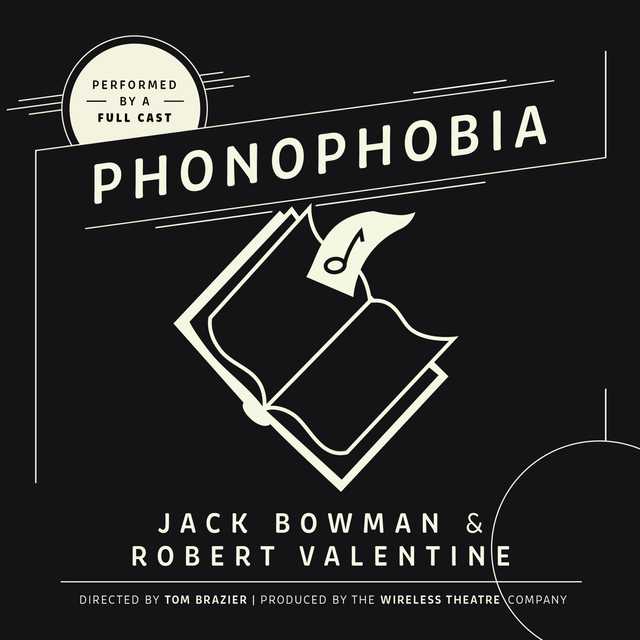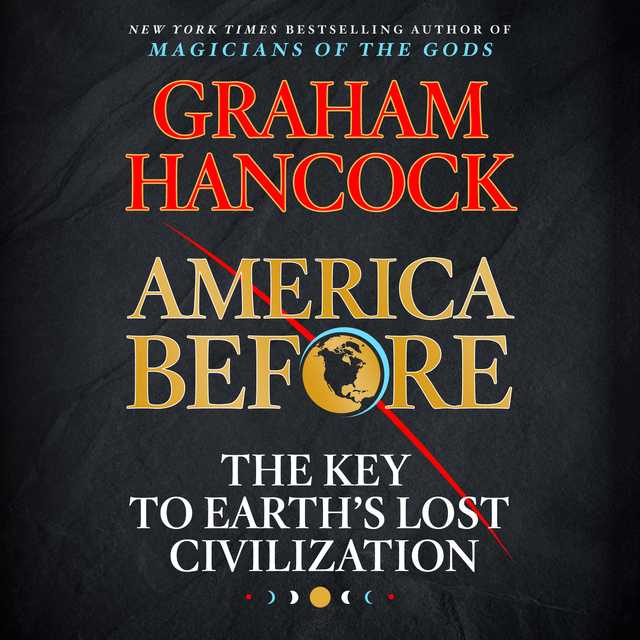Next Audiobook Summary
From Michael Crichton, the #1 bestselling author of Jurassic Park and The Andromeda Strain, comes an astounding, eye-opening look at the world of genetics: Next.
Is a loved one missing some body parts? Are blondes becoming extinct? Is everyone at your dinner table of the same species? Humans and chimpanzees differ in only 400 genes; is that why a chimp fetus resembles a human being? And should that worry us? There’s a new genetic cure for drug addiction–is it worse than the disease?
Devilishly clever, Next blends fact and fiction into a breathless tale of a new world where nothing is what it seems, and genetic ownership shatters our assumptions.
Other Top Audiobooks
Next Audiobook Narrator
Erik Singer is the narrator of Next audiobook that was written by Michael Crichton
About the Author(s) of Next
Michael Crichton is the author of Next
More From the Same
- Author : Michael Crichton
- The Lost World: A Novel
- Airframe
- The Andromeda Evolution
- Dragon Teeth
- The Lost World: A Novel
- Publisher : HarperAudio
- Abraham
- American Gods [TV Tie-In]
- Dead Ringer
- House of Sand and Fog
- Prey
Next Full Details
| Narrator | Erik Singer |
| Length | 6 hours 16 minutes |
| Author | Michael Crichton |
| Category | |
| Publisher | HarperAudio |
| Release date | November 28, 2006 |
| ISBN | 9780061336263 |
Subjects
The publisher of the Next is HarperAudio. includes the following subjects: The BISAC Subject Code is Fiction, Technological, Thrillers
Additional info
The publisher of the Next is HarperAudio. The imprint is HarperAudio. It is supplied by HarperAudio. The ISBN-13 is 9780061336263.
Global Availability
This book is only available in the United States.
Goodreads Reviews
Matthew
May 28, 2016
Oops! Finished this yesterday and forgot to review!I enjoyed this book even though it was a bit spastic. Basically, Michael Crichton learned everything he could about the state of gene research and politics and combined it into a series of fictional stories to make separate points. Some of the stories ended up crossing and some did not. If you read this, don't expect any cohesion, just appreciate the anecdotes within.
Jeffrey
October 11, 2007
Next by Michael Crichton is a ridiculous, silly book. But I bet a lot of people said the same thing about Brave New World, Dune, The Moon is a Harsh Mistress, Stranger in a Strange Land, and 1984 when they came out. No, Next can not hold a candle to these science fiction classics, but it is the same kind of book, and it is poignant for its time. The fact is, Crichton writes satire, and the general perception of him does not accept this. Next is both silly and excellent. More importantly, I learned quite a bit from reading it. I did not know that genes can be patented, human tissues can be used in any way by whomever happens to end up with them, and that gene testing results can be hidden in such a way that deaths have been covered up because they were "trade secrets". Crichton shows the extreme possibilities of these insane laws. In Next, a man has a gene that could be a groundbreaking cure, but when the company that has the patent for it is sabotaged and loses all its samples it believes it is within its rights to hire bounty hunters to track down this man's daughter and grandson and surgically take some of their genes since they are the company's property. This is just one story that intersects the others in Next (Oh, by the way, there is a transgenic chimpanzee-human in the book). Will it happen? Probably not. But do we only produce children in test tubes like in Brave New World? Have we colonized the moon like in The Moon Is a Harsh Mistress? And while surveillance gets scarier and scarier are we actually being watched all the time like in 1984? No. Satire, by definition, is trafficking in exaggeration to warn people about where we are going. Crichton might be mentioned more frequently in a list that includes John Grisham and Danielle Steel, then with the likes of Aldous Huxley and George Orwell, but he is a satirical science fiction writer, and a pretty good one. His popularity and high quantity output is making people think he is for thirteen-year-old boys only. He is better than that. Give the man a chance. Start with Next.
Gerald
October 04, 2010
I'm giving the five stars not because of how it is written, but what it's about. Crichton was trained as a medical doctor before he was a novelist. And he died of cancer recently at a relatively young age. I am supposing he wrote this book after he was diagnosed. He knew there could be all kinds of ways of treating his disease that have not yet emerged from clinical trials. He was certainly angry at the medical establishment, at the research community, at Big Pharma, and at the government's policies regarding intellectual property rights for genetic discoveries. Crichton's books often have bibliographies, but this one also has an appendix containing his recommendations on legislative reform in the area of genetic research.As to the book as literature, he interweaves multiple plots that converge here and there. It's a compelling drama of ideas, but it lacks the strong narrative thread. It won't make a good movie without sacrificing a lot of the interesting side issues. There's no single strong main character, no single ominous threat with ticking fuse. Oddly enough, my complaint about some of his more commercially successful books is that the plotting was too simplistic, too lean, as though designed for the movie script to simply fall out. I assumed he listened to CAA too much about how to structure his books because his agents cared not at all about them as literature, only about how much they would fetch for movie rights.The best Crichton book, by far, is "The Great Train Robbery." Not sci-fi at all, just meticulous research, loads of detail, and great storytelling.
Rohit
September 15, 2018
Actually I liked this book. Don't know why majority readers thought this book was overrated. I was hooked from the word go. Well researched book, the author has taken pains to learn about genes and weave a story around it. The book was also interspersed with articles and essays on biotechnology related subjects.To make it short, the book is about genetic technology and experiments around it including the discovery of various genes with behavioural traits. There are three or four plots in the book which are unconnected. There are greedy tycoons, unethical scientists and immoral health workers and abundant technical jargon thrown in to make the book interesting to the reader. Simply put a very engrossing book.
Teck Wu
July 23, 2021
Not much of an ending, but definitely a page-turner. Very well-researched novel.
Kathy
November 28, 2008
This was riveting! The book is about all of the possibilities of gene therapy and genetic engineering and it blends fact and fiction in clever ways that leave the reader with the unnerving sense that some of the fictional story lines are probably happening somewhere in the world right now. It also gives a strong sense of just how uncontrolled this field is and what ethical questions arise if a person allows a company to "purchase" their cell line...or a scientist decides to insert human genes into an animal fetus and create a "transgenic" animal...or someone claims to have isolated a particular gene that could cure a disease. The behind the scenes buying and selling of gene patents between universities and/or drug companies is downright scary. It doesn't take too much of a leap of imagination to visualize very muddy ethical lines between a scientific pursuit of knowledge and the pursuit of the almighty dollar. I couldn't put it down!
Jenni Lind - Bookcetera
February 12, 2012
This book was a very random purchase in Hoboken, NJ while waiting over two hours for the next train to upstate New York to visit a friend. I’d read a few books by Michael Crichton and this one was on sale for $7.00 (hard cover) so I grabbed it.Next delves into scientific advancement. What is wrong, right, and where the line between them is largely overlooked. Medical related, of course, the story follows individuals as they face the consequences of things like genetic engineering, DNA decoding, genetic tampering, and one of the most insane things out there: gene patenting (side note, did you know 5% of the genes that make up who you are are patented and "owned" by companies?)Are all the things going on in the book true? Most likely not. Could they be? Of course. That is what kept the book interesting to me. In this book I didn't really grow attached to the characters in the pages due to a lack of real character development but I did care about what they were doing to help change (some for the better, some not) the world in which we live.Next is fast paced with lots of interesting tidbits of information in this sect of science, technology, and patent law. It makes the reality of cures, cloning, and judicial rulings in these matters rather scary. Not a read for everyone but if you like science and can stand an intersting book where you don't fall in love with the characters then I do recommend this book.
Sanjay
June 29, 2013
Fantastic book. Immensely futuristic even as it shows you what is actually happening today. The fact that transgenic animals have been created for decades was an eye-opener. The book clearly has a viewpoint on genetic engineering and there is an author's note at the end which is a must-read. Highly recommend this to anyone who is looking an intelligent thriller, even though the book is also satire.
Tim
May 19, 2018
Michael Crichton revisited the world of genetic engineering in his novel _Next_. Steering away from recreating extinct organisms (namely dinosaurs, as in his _Jurassic Park_ novels), he looked at issues of genetic engineering as well as how the legal world and the culture relates to it, issues that are relevant today. Some parts are scary, though more in a sickening death-and-taxes-that-could-really-happen kind of way than an edge-of-your-seat-oh-my-goodness kind of way.Lots to dissect in this book; let's look at the two main plots to begin with. One plot revolved around the saga of Henry Kendall, a genetic researcher who years ago mixed his own DNA into chimpanzee DNA. He thought the fetus - as most transgenic fetuses ended up being - would either die in the womb or otherwise die soon afterwards and he would have something for a research project. Owing to a series of events he lost track of the mother, the mother gave birth, and the transgenic animal - the humanzee - survived. Harry, who left the lab, assumed the animal had died but was given a heads up by a former colleague that his humanzee, dubbed Dave, was going to be euthanasized. Bad enough to put down an animal (that was after all the result of an illegal experiment), it got worse; Dave is sentient and can speak. Harry basically smuggled the animal out of the lab and did his best to keep him safe and then give him some kind of life.The other main plot revolved around a both chilling and perhaps insane saga. It seems a man by the name of Frank Burnett had cancer and underwent some experimental treatment. Frank recovered, but not thanks to the researchers. It turned out that Frank's own body could manufacture powerful cancer-fighting components, and those components were valuable. Without informing Frank what was going on, his doctor/genetic engineering entrepreneur Rick Diehl was obtaining numerous samples from Frank, developing a cell line in the lab for genetic research and later commercial purposes, and building an entire profitable company around this.This being the day and age it is Frank sues of course. Why can't he get a cut of the immense profits? Don't they at least need his permission? Incredibly, in court Frank, represented by his daughter Alison lost. The company, BioGen, it is ruled owned those cells. Any cells that Frank lost during the hospital are considered waste material and he lost ownership rights to him, and when Rick patented his findings from studying those cells, Frank lost any chance to ever make any profit from that cell line.Frank was about to give up and go home after losing the court case when an unscrupulous and shady character comes up with a proposal; what if BioGen were to "accidentally" lose all of those cell lines in their labs and off-site storage facilities? If Frank went into hiding, another, second company could come, extract cells from him and this time cut Frank in for a share of the profits.Well Frank of course agrees, but that is where it gets interesting. Faced with a devastating financial blow, Rick and BioGen need those cell lines. They get a court order for Frank to show up and give more samples - after all, BioGen "owns" Frank's cells - but he is a no show. However, they know that Frank has a daughter and a grandson, and they go after them, hoping to extract cells from them, viewing those cells as "stolen property." Easily the most action-packed of the plotlines, it was quite entertaining.Crichton does not limit his exploration of the world of genetic engineering, culture, and the law, to these two story lines and has several unrelated or marginally related subplots and one-shot chapters exploring various other issues, including issues relating to patenting entire species of wild animals, when hospitals make a profit from the body parts of deceased patients, and the rights of anonymous sperm donors in a world of DNA testing. Though generally interesting, they didn't always relate to what I viewed as the two main plots and one of these plot lines was better as an intellectual exercise and didn't do much as entertaining fiction.I found that the book ended a bit too neatly in some ways, as too many seemingly unrelated plotlines converged at the end, including one with a wise-cracking transgenic parrot by the name of Gerard. The writing though overall was good and I liked how he portrayed most of the characters.Unusually for a work of fiction, Crichton included a list of conclusions he reached from his research for the book. An appendix detailed five suggestions to avoid some of the insanity he had just portrayed, namely stop patenting genes (that one he went into at length), establish clear guidelines for the use of human tissue (particularly with regards to donor rights), pass laws to make sure data about genetic testing is made public (he stated that some researchers have tried to prevent data about patient deaths resulting from genetic therapy getting into the public media, claiming such information is a trade secret), avoid bans on research (he wrote that they can't be enforced anyway), and rescind the 1980 Bayh-Dole Act (legislation which ended up seriously blurring the line between academic research and private industry and producing too many scientists motivated by personal financial interests in their research and results). He also included an extensive bibliography with comments on each book or article.
Jorge
January 19, 2022
Un libro que me gustó bastante. No le di las 5 estrellas porque son muchas historias pequeñitas y algunas no llegan a nada o se desinflan o se quedan a la mitad.Pero como todas son entretenidas, y el libro tiene capítulos cortos que de pronto resultan incluso adictivos, lo hace merecedor de las 4 estrellas. Me hubiera gustado que fuera un poco más largo o que algunos personajes fueran omitidos, pero en general, si la sinopsis te llama la atención, es 100% recomendable. Eso sí, no resuelve ningún misterio, y al final todo eso de los chimpancés parlantes se queda en nada. Pero sí hay algo por el estilo (relacionado a los chimpancés) que está un poco mejor desarrollado.También hay que entender que el libro es del 2006, así que si lo vemos desde esa perspectiva, tiene cierto encanto por todo lo adelantado que estaba a su época.
Ramon
May 01, 2019
It is a scientific thriller that tells about genetics.Although I'm not familiar with science nor genetics in particular, yet it seems that Crichton did an excellent job in his scientific explanations.Two main drawbacks in the book-First of all, you have to be patient because Crichton is overly exaggerating with the scientific descriptions and genealogy articles that appear in each chapter.Second, the book has many characters, and finally, only at the end of all things, everything connects, so it's a little hard to follow. Nevertheless, the result is satisfactory in my opinion - it is a fascinating thriller.
Kersten
December 11, 2008
This is classic Michael Crichton. I love his stories and how he intermingle science within a fictional novel. The story deals with the ethics and stories associated with bio genetics. There is a long cast of characters and the author ties them together in the end (which is probably a little too far fetched). However, it is a great way (for me) to get lost in an amazing world that Michael has a way of putting together. I am sad that he has passed away and will no longer be able to gift the world with his creativity.
Danni The Girl
March 02, 2018
This book was recommended to me by my Dad, I'll always read anything he gives me. I read this a long time ago, I remember it being very scientific, so at times I did struggle to keep up and understand what was going on, but I remember it being brilliant.A guy working with a monkey trying to find a cure? I will definitely have to re read this but I remember it being good
Drew
August 07, 2022
More a series of vignettes than a complete novel and certainly not his best book, this is still an important work from one of my favorite authors. While it (kinda) fails as a novel, it’s nevertheless worth reading for some entertaining short stories and even more for what Crichton warns us about the state of gene research and law at the time of its writing. The author includes some important additional information and suggestions in his author’s note following the story. I don’t know exactly where US and global genetic law stands today but I certainly hope many of these issues have been resolved.
Most Popular Audiobooks
Frequently asked questions
Listening to audiobooks not only easy, it is also very convenient. You can listen to audiobooks on almost every device. From your laptop to your smart phone or even a smart speaker like Apple HomePod or even Alexa. Here’s how you can get started listening to audiobooks.
- 1. Download your favorite audiobook app such as Speechify.
- 2. Sign up for an account.
- 3. Browse the library for the best audiobooks and select the first one for free
- 4. Download the audiobook file to your device
- 5. Open the Speechify audiobook app and select the audiobook you want to listen to.
- 6. Adjust the playback speed and other settings to your preference.
- 7. Press play and enjoy!
While you can listen to the bestsellers on almost any device, and preferences may vary, generally smart phones are offer the most convenience factor. You could be working out, grocery shopping, or even watching your dog in the dog park on a Saturday morning.
However, most audiobook apps work across multiple devices so you can pick up that riveting new Stephen King book you started at the dog park, back on your laptop when you get back home.
Speechify is one of the best apps for audiobooks. The pricing structure is the most competitive in the market and the app is easy to use. It features the best sellers and award winning authors. Listen to your favorite books or discover new ones and listen to real voice actors read to you. Getting started is easy, the first book is free.
Research showcasing the brain health benefits of reading on a regular basis is wide-ranging and undeniable. However, research comparing the benefits of reading vs listening is much more sparse. According to professor of psychology and author Dr. Kristen Willeumier, though, there is good reason to believe that the reading experience provided by audiobooks offers many of the same brain benefits as reading a physical book.
Audiobooks are recordings of books that are read aloud by a professional voice actor. The recordings are typically available for purchase and download in digital formats such as MP3, WMA, or AAC. They can also be streamed from online services like Speechify, Audible, AppleBooks, or Spotify.
You simply download the app onto your smart phone, create your account, and in Speechify, you can choose your first book, from our vast library of best-sellers and classics, to read for free.
Audiobooks, like real books can add up over time. Here’s where you can listen to audiobooks for free. Speechify let’s you read your first best seller for free. Apart from that, we have a vast selection of free audiobooks that you can enjoy. Get the same rich experience no matter if the book was free or not.
It depends. Yes, there are free audiobooks and paid audiobooks. Speechify offers a blend of both!
It varies. The easiest way depends on a few things. The app and service you use, which device, and platform. Speechify is the easiest way to listen to audiobooks. Downloading the app is quick. It is not a large app and does not eat up space on your iPhone or Android device.
Listening to audiobooks on your smart phone, with Speechify, is the easiest way to listen to audiobooks.











